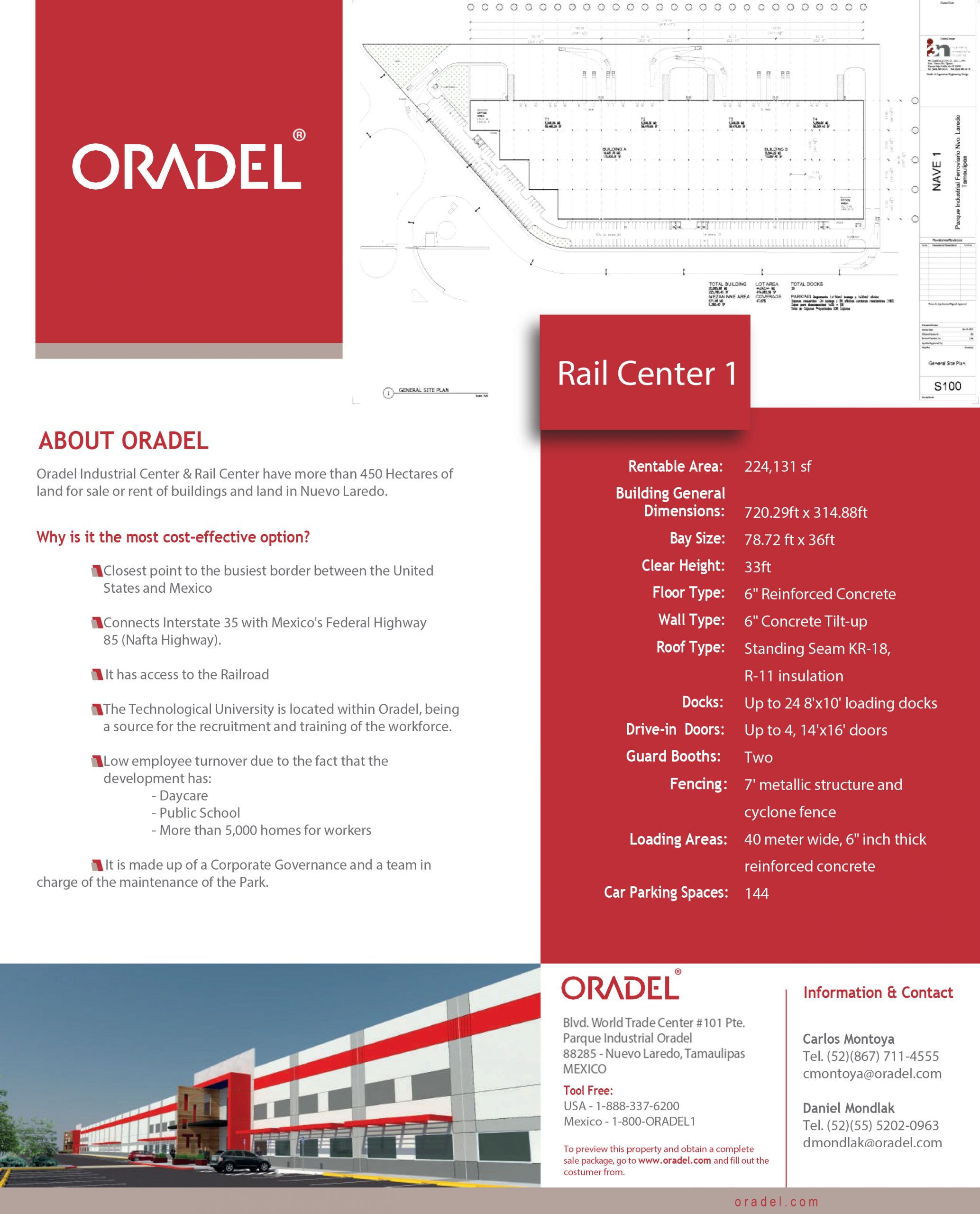The logistics sector strengthens value chains

E-commerce drives industrial warehouse leasing
26 June, 2020
GST AutoLeather: Developer and manufacturer of automotive clothing
26 June, 2020
The logistics sector strengthens value chains
The logistics sector allows an infinite number of applications in any industry, which is why it contributes to the strengthening of value chains in Mexico. According to figures from the National Institute of Statistics and Geography (Inegi) in 2018, the economic contribution of logistics activities to the national Gross Domestic Product (GDP) was 6.2%.
This is due to the competitive geographical location, with access to the United States, one of the most important commercial markets worldwide. In addition, it has high quality infrastructure and professionals in the industrial sectors.
Currently, this sector faces its own challenges, which are related to strengthening value chains that are increasingly globalized and which include indicators such as customer service, demand management, optimization of transportation systems, optimal inventory management, warehousing, manufacturing, foreign trade and total logistics costs.
Recommendations for logistics management during the pandemic
According to Adolfo Rivera Arguello, Co-founder and General Director of TRH Logistics, there are some recommendations to mitigate the impact of Covid-19 on value chains as well as on the logistics operation of companies:
-Review inventory levels, confirming the physical stocks of raw materials, products in process and finished, as well as verify the information of the inventory control system through continuous and reliable cyclical counts.
-Plan demand and production based on multiple scenarios such as the number of firm customer orders, available inventory levels, supply and demand forecasts, replacement of orders from distribution centers or warehouses, inter-plant transfers, consumption trends, seasonality , economic and financial aspects.
-Prioritize clients valuing their importance, financial contribution, consumption patterns, loyalty and dependency.
-Make a mapping of suppliers, since companies are forced to manage transportation by absorbing its cost, so it is important to know where these materials could be shipped from.
-Identify critical suppliers to focus efforts on the acquisition of materials or services.
-Diversify sources of supply, since the current situation is an opportunity to look at local or international options, for which aspects of cost, quality, financial health, traceability, communication and delivery times must be evaluated.
-Manage the transportation of air and sea cargo for route planning, since it is important to confirm with airlines and shipping lines the restrictions on origin, destination and transit. In addition, in the case of air services, it is advisable to hire flights from cargo companies.
-Develop cargo consolidation schemes and diversification of logistics services such as load sharing with group companies or others that allow economies of scale to be developed and offset or prorate logistics costs.
-Create a logistics resilience plan, while communicating with suppliers, collaborators and clients to make known operating parameters, priorities and changes in internal plans as soon as possible.
-Plan financial management by increasing the days of payment to suppliers and reducing days of collection from customers. In addition, you must negotiate cash payments or discounts for prompt payment, reduce inventory levels, postpone capital investments, explore factoring services and secure lines of financing.
Importance of the logistics sector for Oradel
Oradel Industrial Center is located in Nuevo Laredo, Tamaulipas, providing a competitive advantage to companies in the logistics sector, since the industrial park connects with the “NAFTA highway” which facilitates routes for the delivery of goods nationwide and in the United States. .





